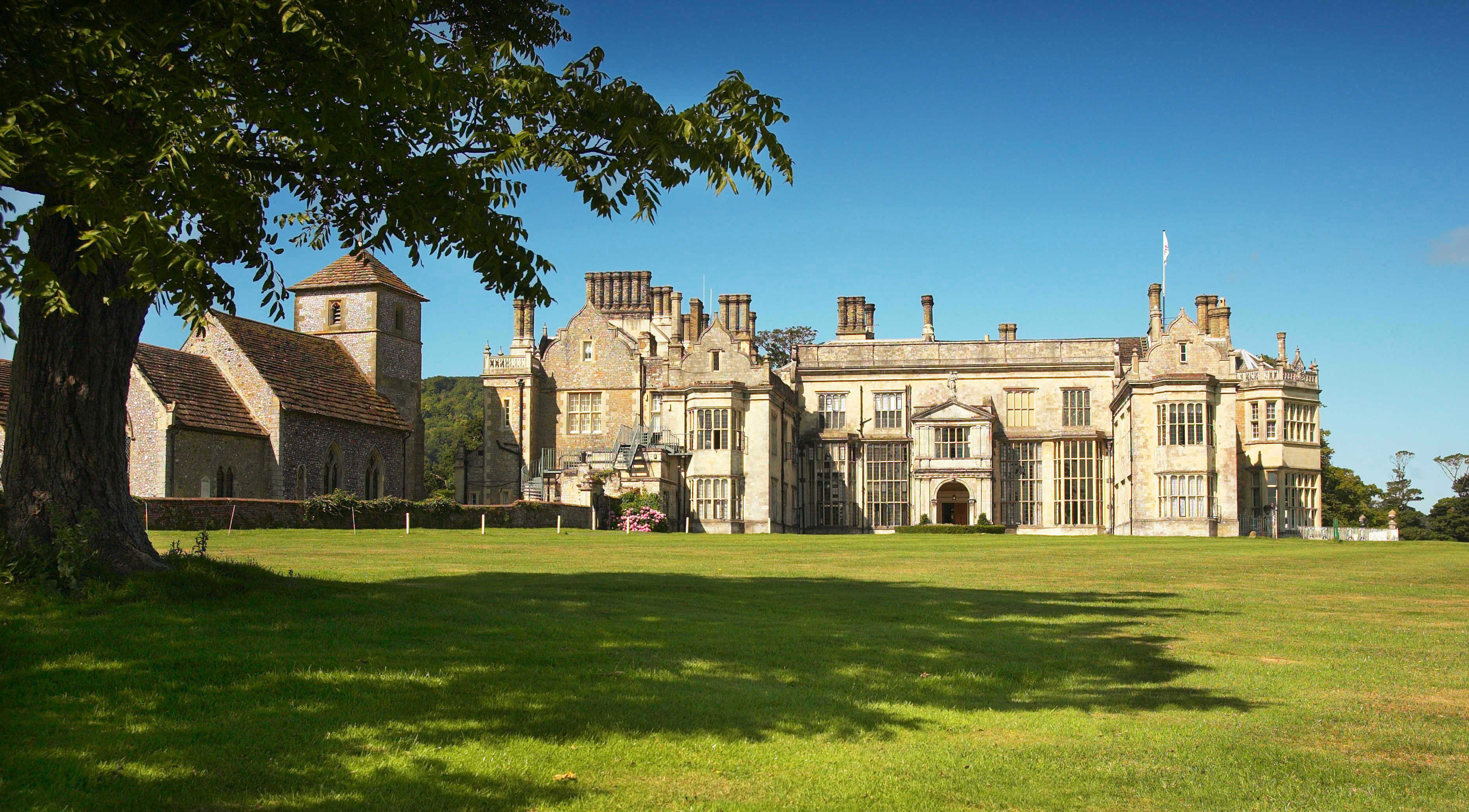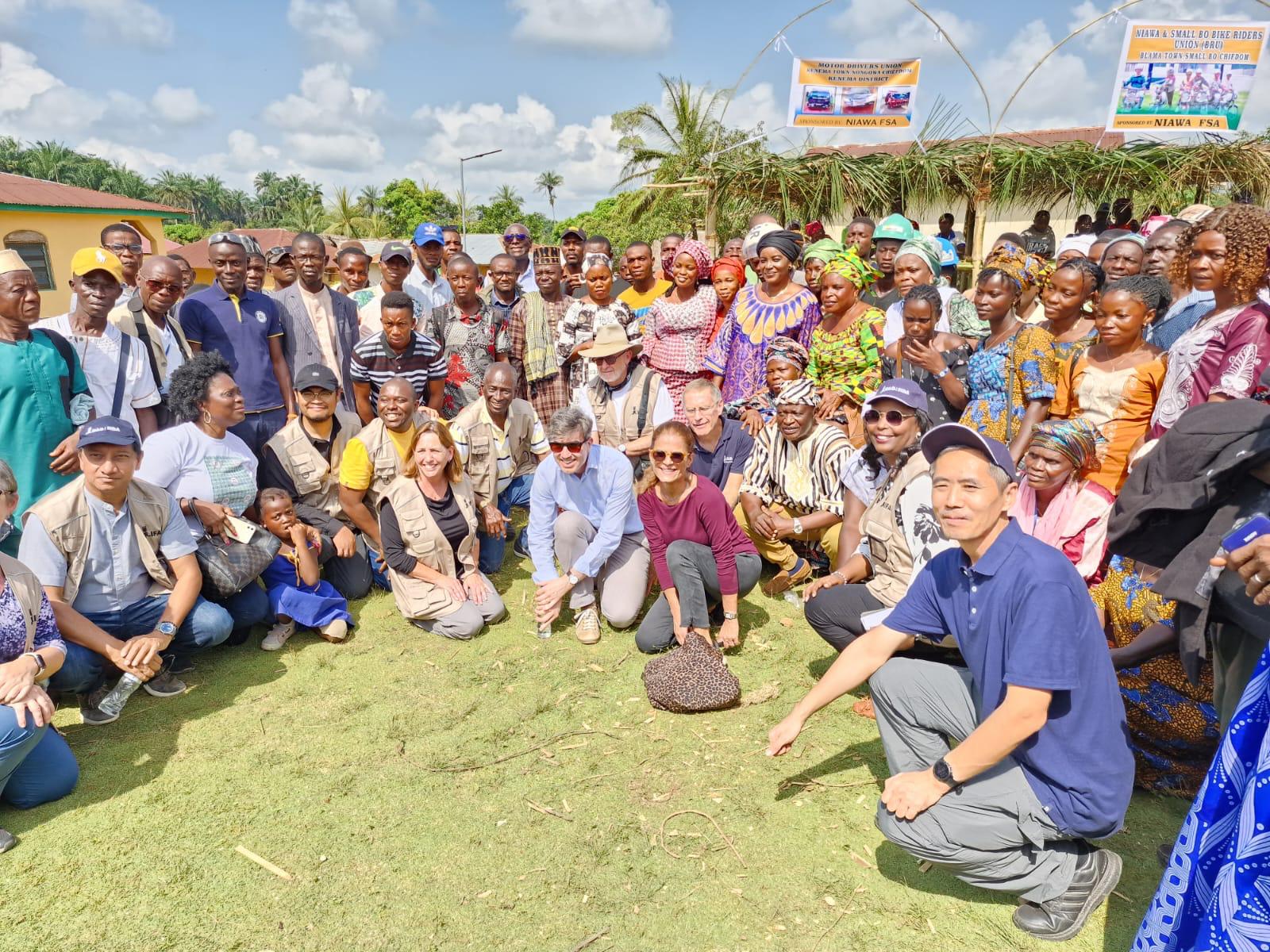Inclusive and tailor-made access to financial services achieved in India - IOE
Rome, 08 November 2022 – An IFAD co-funded project has enabled inclusive access to financial services for all vulnerable targeted populations in India. By working with insurance companies and local banks, the Post-Tsunami Sustainable Livelihoods Programme for the Coastal Communities of Tamil Nadu (PTSLP) was able to develop loans and insurance schemes tailored to local needs. This, according to the Project Performance Evaluation report (PPE) published by the Independent Office of Evaluation of IFAD (IOE).
The PTSLP was designed to support long-term recovery from the effects of the Indian Ocean tsunami on 26 December 2004. The project came into force in July 2007 and was completed in June 2020. The PPE carried out a desk review of project-related documents, interviews and discussions with project stakeholders and beneficiaries. Building on the evaluation evidence, IOE also conducted an analysis on the effects of the project’s financial services at the household level, making use of a grounded theory approach.
IOE’s evaluation report found that the project’s approach to provide loans through community-based organizations (CBOs) and financial services arrangements with local banks proved successful. The project demonstrated that CBOs can be a suitable vehicle for financial inclusion when capacity-building covers various topics and is provided over a significant period. Services such as the vulnerability reduction funds (VRF) were highly competitive and widely popular among the population, particularly women. During COVID-19 lockdown periods, the VRFs also enabled people to maintain their current incomes by providing quick access to small loans. In addition, the local bank arrangements contributed to ensure fiscal discipline among the benefited communities.
The project also showed that when women’s CBOs are the channel for financial services, women’s skills, confidence and status in their households and communities are enhanced. Supporting women through CBOs increased their access to loans and expanded opportunities to establish microenterprises, thus contributing to their economic empowerment. The project also contributed to women’s political empowerment, leveraging their voices in the communities and organizations.
At the same time, the PPE report also noted that the project’s focus on rebuilding and strengthening livelihood activities that communities were already familiar with, reinforced occupational segregation, which tends to place women in low-paid work. Moreover, while the project’s approach helped to ensure the viability of women’s microenterprises and income-generating activities, the enterprises promoted were of low returns, due to gender biases and lack of scale and value addition.
Other areas of concern include the declining fish stocks caused by over-fishing and pollution, which strain the fisheries-based livelihoods. While artificial reefs helped to regenerate stocks and biodiversity in some inshore areas, only a limited number of fishers can operate within these reefs. Climate change adds to these effects as higher sea temperatures affect fish stocks, more extreme weather causes rough seas and reduces the number of fishing days, and recurrent cyclones damage productive infrastructure.
Looking ahead, IOE’s evaluation report highlights the importance of developing a sound and systematic sustainability strategy focusing on managing key risks that may hinder the overall sustainability of benefits in the long term, including those of small-scale fishers in Tamil Nadu. In addition, the PPE recommends developing and implementing a multisectoral strategy for coastal community resource management and livelihood development.
India is the world’s second largest country by population, and eighth largest by area. The economy grew by an average of 7% from 1997 to 2017, and India moved from low-income to lower-middle-income status in 2009. This, along with structural reforms and government investment in social protection, contributed to a reduction in the poverty headcount from 37% in 2004 to 22% in 2011. IFAD has been working in India for more than 30 years. The current country strategic opportunities programme is fully aligned with the government’s policy framework of doubling farmers' incomes in real terms by 2022. During the period 2018-2024, IFAD will support the government's efforts in developing necessary services and producers' organizations to render smallholder food and agricultural production systems remunerative, sustainable and resilient to climate change and price shocks.
For further information, please contact Alexander Voccia [here]
RESOURCES
- To access the ‘Post-Tsunami Sustainable Livelihoods Programme for the Coastal Communities of Tamil Nadu. Project Performance Evaluation’, please click here.
CONTACTS

